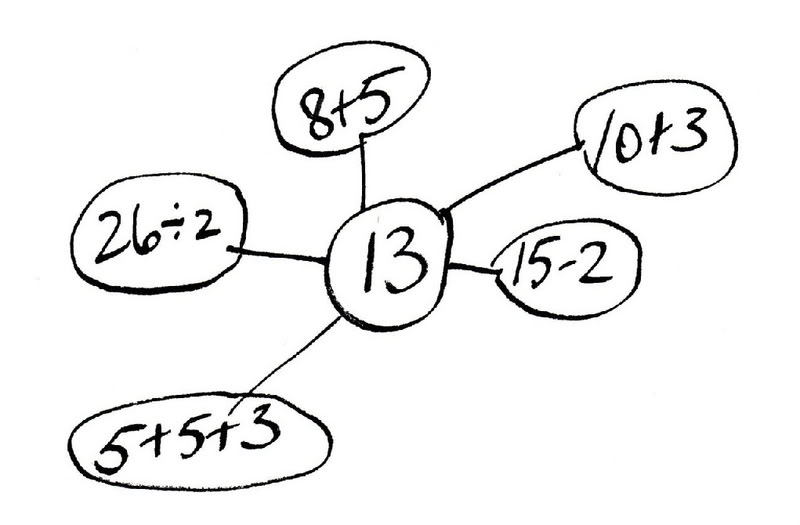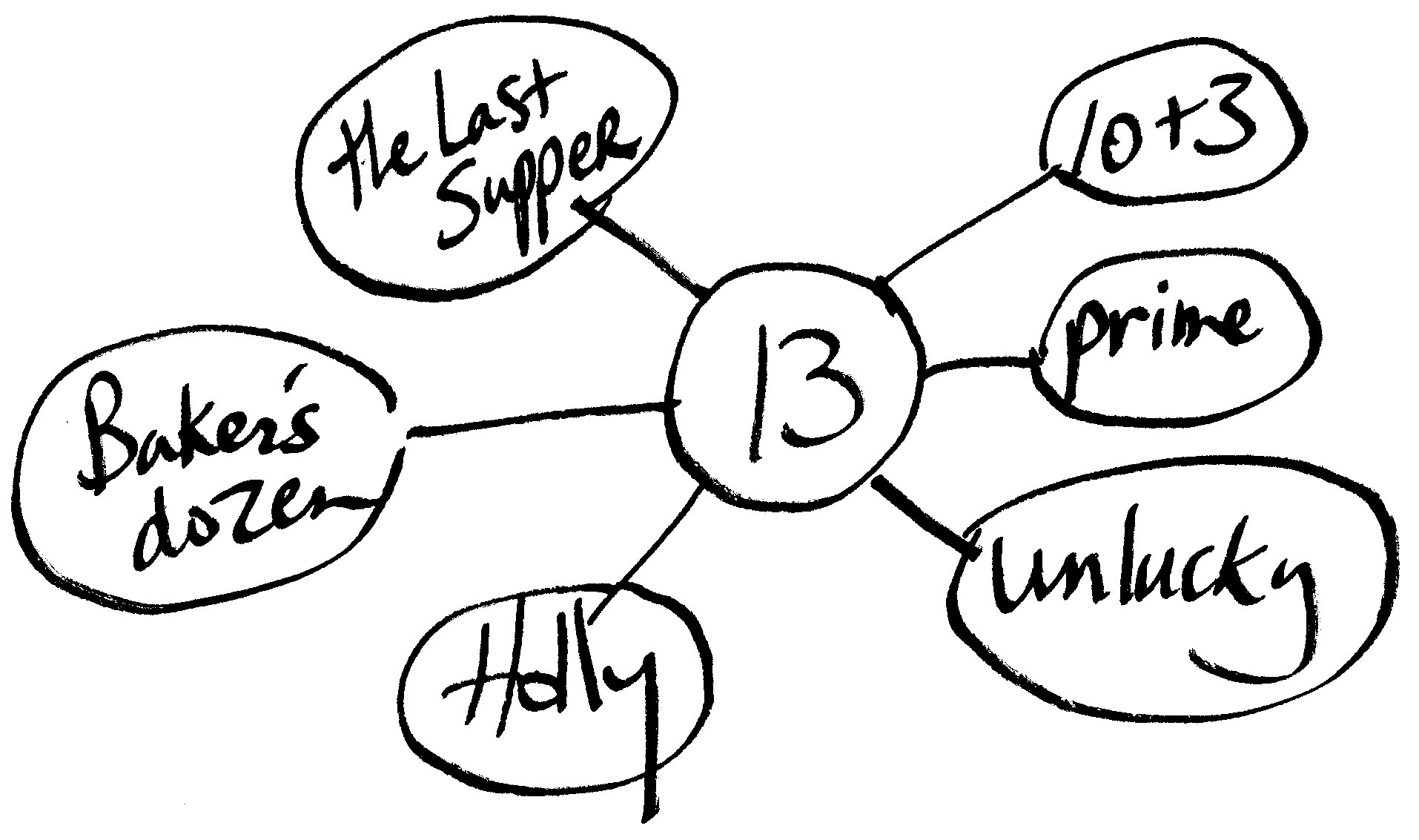It's very easy to control food when you have a home of young children. Most young children aren't going to question the choices you make regarding food, they will eat what they like of what you've offered. The really big challenge is when kids start asking for other things and how you choose to respond to those things.
This is a biggie and it applies to EVERYthing, not just food. Are you going to be a mom that reacts big and opinionated to these questions and inquiries and curiosities? Or are you going to be a mom who helps her kids explore their questions and inquiries and curiosities? This is the very basis on which parents build the foundation of unschooling, if that is indeed the goal.
In each moment of questioning, or inquiry, or curiosity, you get to choose how you respond. You can respond in such a way that a child's question, their learning, is honored, with kindness and lightness and joy, or you can shut that down with your own opinions and ideas. The more a parent can honor a child's curiosity, the more that child will genuinely listen to their parent's ideas about the world. It's the only way that I've seen that kids really truly are influenced by their parents. All other attempts are seen and felt as control, manipulation, coercion, unless of course you have a child that is VERY easy going. But trust me, there will come a time when even that child will challenge you, and the more easy going you've been about their ideas from the beginning, the more influence you will have when that time comes.
. . . .
Emotional health and emotional well-being are as important, if not more so, as physical health (from food, etc.).
—Jenny Cyphers
SandraDodd.com/eating/control
photo by Sarah S.





















